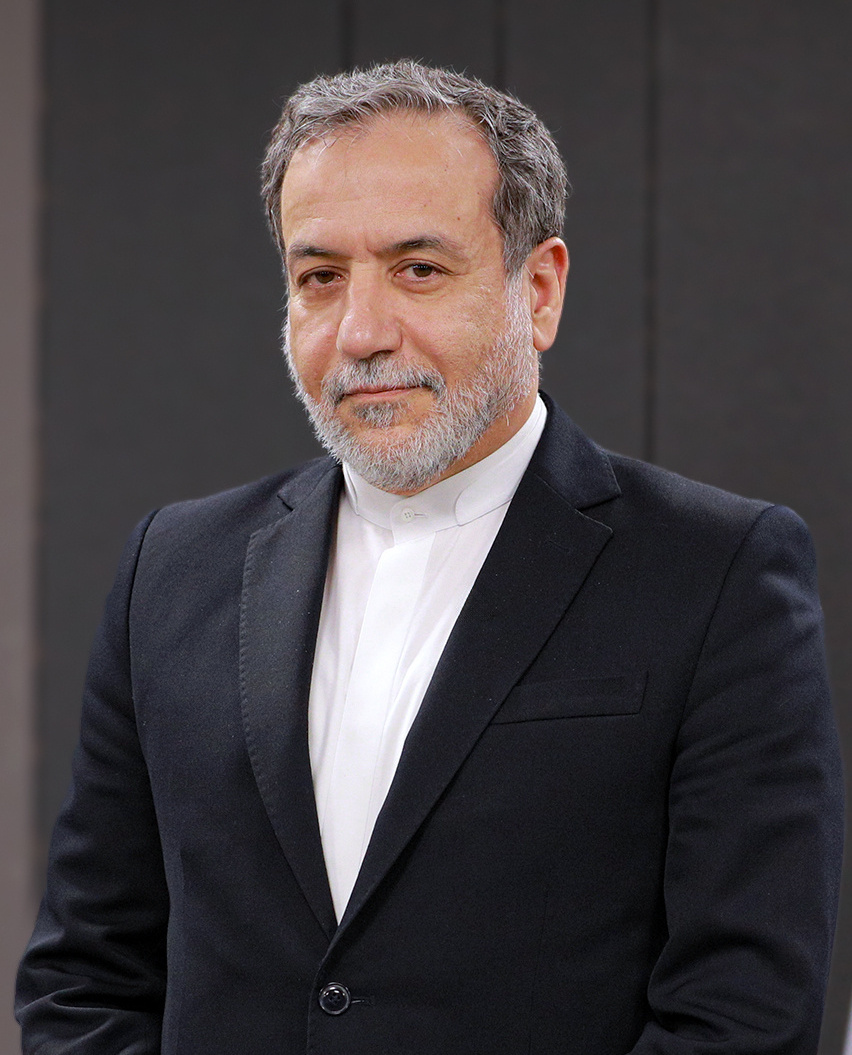
Yemi Olakitan
Iran has issued a stark warning to the United Nations, declaring that it will hold the United States legally responsible for any Israeli attack on its nuclear facilities. The threat comes amid heightened regional tensions and reports of Israeli military preparations targeting Iranian nuclear sites, as revealed in U.S. intelligence assessments.
In a letter to the UN Security Council published Thursday, Iranian Foreign Minister Abbas Araghchi accused the U.S. of enabling Israel’s “destabilizing actions” and asserted that Washington would share liability for any aggression. “In the event of any attack on Iran’s nuclear facilities by the Zionist regime, the U.S. government will bear legal responsibility,” Araghchi wrote, referencing Israel’s alleged strike preparations reported by U.S. media. The letter emphasized Iran’s right to self-defense under international law and condemned U.S. support for Israel’s “genocidal war” in Gaza, a recurring theme in Tehran’s diplomatic rhetoric.
The warning follows new intelligence indicating Israel is mobilizing air munitions and conducting drills for a potential strike on Iran’s nuclear infrastructure, including its heavily fortified uranium enrichment facilities. Iran’s Revolutionary Guards earlier vowed a “devastating and decisive response” to any aggression, with spokesperson Alimohammad Naini stating Israel’s leaders “miscalculate” Iran’s military and popular resilience. Meanwhile, U.S. President Donald Trump has ambiguously endorsed Israel’s role as the “leader” of any military action, declaring, “If it requires military, we’re going to have military.”
The standoff unfolds against a backdrop of faltering nuclear talks between Tehran and Washington. A fifth round of negotiations is set for Friday in Rome, but prospects dimmed after Supreme Leader Ayatollah Ali Khamenei dismissed U.S. demands to halt uranium enrichment as “excessive and outrageous.” Iran insists its nuclear program is peaceful and has enriched uranium to 60% purity—far beyond the 3.67% limit under the defunct 2015 nuclear deal but below weapons-grade levels.
The U.S. maintains that any enrichment capability is a red line, with Special Envoy Steve Witkoff stating, “No enrichment can exist in Iran ever again.”
Analysts warn that an Israeli strike could ignite a broader conflict, given Iran’s network of regional proxies and its capacity to retaliate against U.S. bases or Israeli cities. Araghchi reiterated that Iran’s nuclear technology “cannot be destroyed by military means,” citing dispersed facilities and advanced defensive measures. The Islamic Republic has also signaled readiness to leverage alliances with Russia and China to counter Western pressure, while European powers weigh reinstating UN sanctions via the “snapback” mechanism.
The U.S. has yet to formally respond to Iran’s UN letter, but Trump’s mixed signals—threatening military action while pursuing diplomacy—have drawn criticism. Iran’s UN Ambassador Iravani condemned Washington’s “hypocrisy” in ignoring Israel’s undeclared nuclear arsenal while targeting Tehran’s civilian program. Meanwhile, Israel remains silent on strike plans but has long framed military action as the “only option” to halt Iran’s nuclear ambitions.
